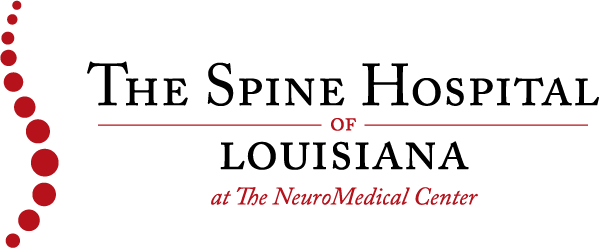(225) 763-9900
PREPARE FOR YOUR SLEEP STUDY
PREPARING FOR YOUR SLEEP STUDY
Congratulations on taking your first step towards getting to the root of your sleep disturbances. To get the best results out of your in-center sleep study, The Spine Hospital of Louisiana wants you to go about your normal afternoon routine as much as possible. However, there are certain things you can do to make the study go smoothly and ensure the most accurate results.
BEFORE YOUR STUDY
- Avoid taking naps in the afternoon.
- Refrain from drinking caffeinated drinks and eating chocolate.
- Shower and shampoo your hair. Avoid using hairspray, conditioners, hair oils, or body lotion as these may interfere with monitoring sensors.
- Enjoy your evening meal before arriving for your sleep study. If you normally need a snack before bedtime, pack one.
- Bring an overnight bag with comfortable sleep clothes and toiletry items.
- Take all routine medications as prescribed.

DURING YOUR STUDY
After check-in at the Sleep Center, a technologist will escort you to your room and guide you through the process. You’ll change into sleepwear, have small sensors placed on your head and body, and be monitored from a nearby control room. Feel free to relax with TV, smart devices, or a book, and ask for anything you need—our goal is to keep you comfortable before the study begins.
Once you fall asleep, the technologist will diagram your sleep architecture, determining what sleep stages are present while observing what happens as you sleep through the night:
- Blood oxygen level
- Respirations
- Body position
- Limb or body movements
- Heart rate
- Brain activity
AFTER YOUR STUDY
Recordings from both in-center and home sleep tests are analyzed by Sleep Center physicians and licensed technologists. While the sleep technologist can answer basic questions, only your physician can explain the results. A full report will be sent to your referring physician, and a follow-up visit is required to review your results and discuss treatment options. If a sleep disorder is diagnosed, the good news is that most can be effectively treated.
